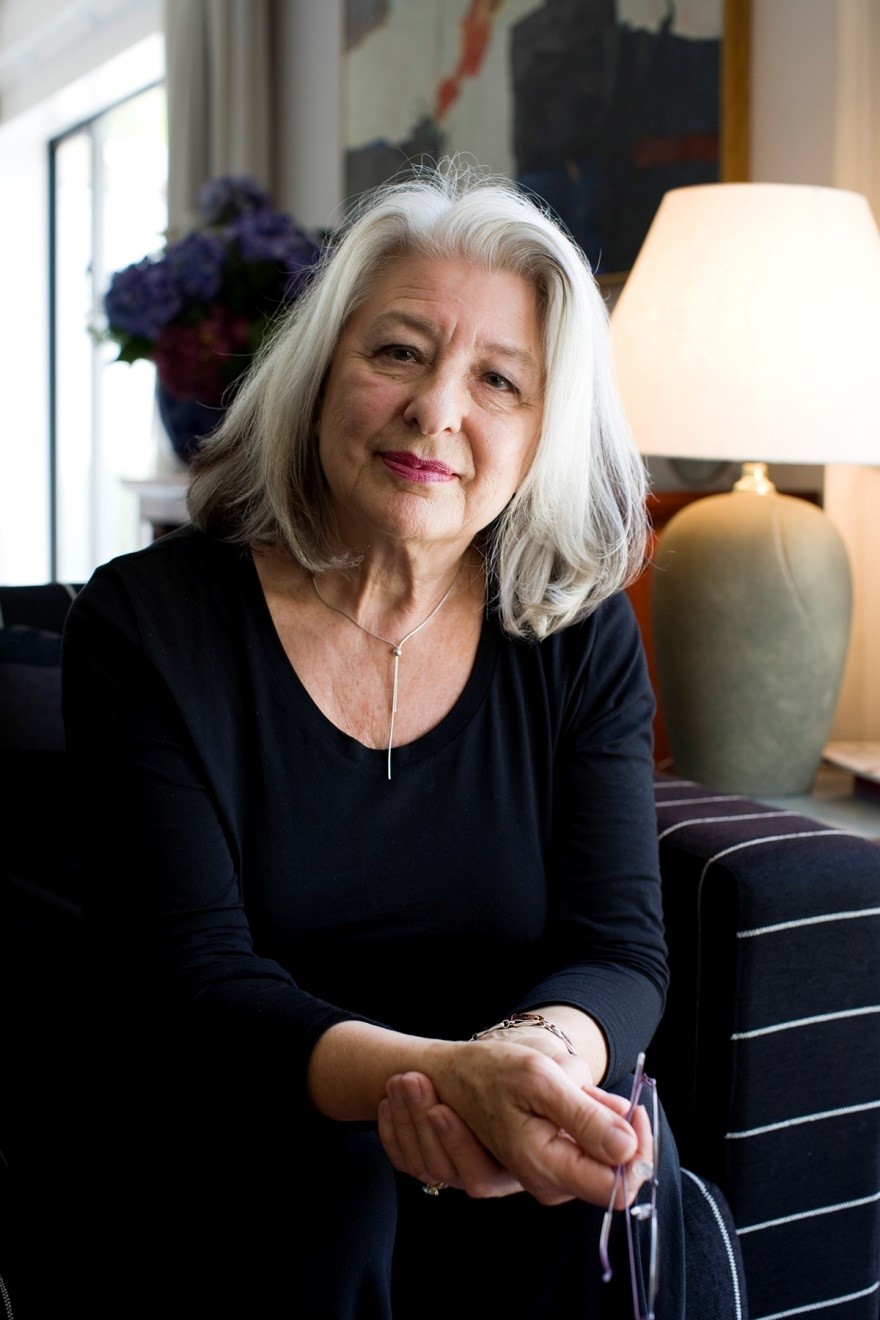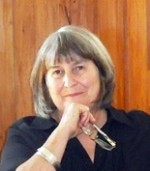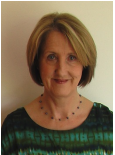What do we do
What is Child Psychotherapy
Child psychotherapy is a psychodynamically based assessment and treatment approach that works with children and adolescents who experience difficulties in their emotional, social and behavioural development. A child psychotherapeutic focus is on children’s inner feelings and understandings and how they see and experience their environment. Through careful observation and direct respectful dialogue with the child, patterns that are interfering with healthy development are identified. The underlying meanings of these patterns of behaviour are sought and clarified. The work of child psychotherapy occurs within the context of the family and the wider environment. The aim of child psychotherapy is to develop the child’s capacity for growth and development by establishing more effective ways of coping within their environment.
How do we work?
Child psychotherapy offers children a safe and trusting environment within which they are able to explore strong feelings such as fear, sadness, hurt, anger, anxiety or confusion about themselves, their family or other aspects of their lives. Children use play as well as language to communicate their thoughts and feelings so as to enable understanding and growth. The therapeutic work takes place in a space well equipped for this purpose. In order to facilitate this experience the therapist, the room and its contents remain consistent. In work with adolescents where language plays a larger part in communication, the environment is structured towards this difference.
Psychotherapeutic work with parents is aimed at supporting their developing understandings of family and child interactions and the need for change.
What can we help with
Child and adolescent psychotherapists work with emotionally disturbed children, adolescents and their families. They deal with psychological health problems such as:
• developmental delay due to social and emotional factors
• the effects of physical differences
• effects of physical, sexual and emotional abuse
• child-parent problems
• attachment problems
• problems of aggression and violence
• family dysfunction
• childhood depression
• emotional/social skill deficits
• suicide threats and attempts
• psychosis
• identity/self image issues
• children with chronic illness and dying children
• aspects of spirituality
• wetting and soiling
• adjustment problems
• effects of trauma
• effects of loss and grief
Meet our Life Members

Elisabeth Muir
I joined the Child Psychiatry Section of the Department of Psychological Medicine, under Dr. Peter Lewis in 1974, as a Play Therapist in in-service training. Once the formal training in Child Psychotherapy was established I did the formal training to become a Child Psychotherapist and received the Certificate in Child Psychotherapy from the University of Otago in 1978. In that capacity from 1978 through to 1988, I worked in the department as a clinician, clinical consultant in the community, clinical lecturer for Otago University, Department of Psychological Medicine, supervised Psychiatric Registrars long term psychotherapy cases, and supervised Child Psychotherapists in training, supervisor to Marriage Guidance services.
I was a council member for the NZ Association of Psychotherapists in 1986-87 before leaving to work in the C.M. Hincks Institute and Family Centre in Toronto, Canada. While working at the C.M. Hincks I was on staff and faculty in the Infant, Toddler and Family Assessment and Treatment Programme, within the Hincks Institute I was co-prinicipal investigator of a clinical research study in the Toronto Infant-Parent Programme, comparing the efficacy of the Watch,Wait and Wonder intervention with the more traditional approach based on Selma Fraiberg’s work. I was also Associate Faculty in the Family Therapies Programme, on the Faculty for Consultants to the National Training for Consultants to Day Care Federal Project.
From 1992-2000, was supervisor and teacher on the Faculty of the Toronto Child Psychotherapy Programme. Was (invited) onto the Faculty of the Toronto Psychoanalytic Society Extension Programme becoming a “Guest” of the Toronto Psychoanalytic Society 1993, Member of the Canadian Association of Psychoanalytic Child Psychotherapists. In 1978-80, was a founding member and president of the New Zealand Association of Child Psychotherapists.
Author/co-author of nine and publications and presenter/trainer at conferences and workshops internationally and in New Zealand.

Ann Crane
A few years following graduation I realized that secondary school teaching was not for me, I was fortunate enough to be accepted as a trainee Child Psychotherapist at the Auckland Family Counseling and Psychotherapy Services and some years later, in 1979, was granted Full Membership of NZACAP. Served on the Executive in various roles until 2005 and was gifted Life Membership in 2006.
I have worked both in private practice and for the DHB’s on both the Child and Family Unit and the Consult Liaison Team.
During the early 90’s I worked as principal writer of the Graduate Diploma in Child Psychotherapy at AUT in the Department of Psychotherapy and Applied Psychology. I was appointed Programme Leader in 1995 and later Senior Lecturer in 1997. I remained involved with the Programme in various roles until 2004.
Over the years I have provided supervision and consultation to numerous clinicians and groups including the Maternal Mental Health staff, Play Specialists, Oncology Nursing staff, Senior Child and Adolescent Psychiatry Trainees, Parent Centers and Child Protection Teams as well as individual child psychotherapist, social workers and psychologists.
With the view of a third age career of sorts I graduated with a Diploma of Ceramic Art in 2007, this continues to be an interest.

Johannes Sijbrant
Following studies in The Netherlands ( B.CAT through HBO, qualifying in 1972) working at the Rotterdam Medical Pedagogical Institute and at the Leiden University Clinic with children, adolescents, families and adults for 12 years. This position also involved research and education.
In New Zealand since 1982; full time position at the then Palmerston North Hospital Board including Developmental Disability Hospital and CAMHS for 12 years, later on in private practice with Victim Support, CYF, various churches, Balint groups, Open Home Foundation, ACC, PHO and L’Arche Kapiti. Held membership with NZACAP, NZCCA, NZTTA and registration with PBANZ. 10 years in Executive NZACAP as Secretary and President. Provided supervision for 37 years.
Many years involved in education including stints at the Child Psychotherapy training in Palmerston North and the national Wellington course. In May 2014 I am granted Life Membership of NZACAP. On the first of December 2014 I cease all therapeutic work and all educational functions.
Total number of years worked full time: 42. Age at retirement: 66 yrs. Current work is as an amateur painter and iconographer.

Carol Shinkfield
Arriving in New Zealand from the UK in 1982 with my husband, and two
children of three and five years of age, began my association with numerous
organizations, and the privilege of working alongside many dedicated and
hardworking colleagues.
My personal journey in counselling began in 1987 with Marriage Guidance
Training, then 1998 I gained my Graduate Diploma in Clinical Child
Psychotherapy (with Child and Adolescent Specialist Scope of Practice),
followed in 2007 with MPhil (Master of Philosophy) (Hons) from AUT.
The organizations I have had professional affiliations with throughout my
career have included: Waitakere Child Youth and Family (CYFS) 1995-1998,
Waitakere Abuse and Trauma Counselling Service (WATCS) 2003-2009,
Waikato District Health Board (Waikato DHB) 2008-2022.
Auckland University Psychiatric Registrars Advanced Trainees 2015-2022.
(NZACAP) since 1999 (Full member), (NZAC) 1992-2009 (Full member)
My work with Auckland University of Technology (AUT) began in 1999 as a
Senior Lecturer on the Graduate Diploma in Child Mental Health. The
Programme Leader for the (MHSc) Child Psychotherapy, and Senior Lecturer on
the Master of Psychotherapy until 2012
I was privileged to have been appointed to the inaugural board of (PBANZ) in
2007, and held many positions with this organization until my retirement in
2023. These positions included the Deputy Chair 2012, Chairperson 2013-15, a
member of several committees and as a Professional Advisor until 2023.
Beginning this Journey as a Marriage Guidance Counsellor, and concluding after
thirty six years of extremely fulfilling work, which also included my private
practice, and being a Supervisor to many wonderful Psychotherapists over the
years, it has all been a pleasure.
What we do
Our Services

Where Do we Work?
Child psychotherapists are equipped to work in a variety of settings including public health facilities, private practice, community services, school settings and the social welfare and justice systems. Child psychotherapists work for District Health Boards (Child and Adolescent Mental Health Services) and Oranga Tamariki, they also help clients referred through doctors, social workers and the courts. Others may be found in Church Social Services, and some work in private practice on a fee-charging basis.
They are also able to provide a consultative resource to the large number of primary care workers, both paid and voluntary, working therapeutically with children in various community settings.

Find a Psychotherapist
Click on the Tab below to go to the list of practitioners in New Zealand that you can contact for help for your children, adolescents and whānau.

Training Available in NZ
Currently there is a training in Child and Adolescent Psychotherapy at Auckland University of Technology. This is an in-person training, full-time for a minimum of 2 years.
The Master of Psychotherapy programme is for psychotherapists who wish to specialise with children and adolescents or students who wish to become psychotherapists.
This degree enables you to apply for interim registration with the Psychotherapists Board of Aotearoa New Zealand and applicant membership of New Zealand Psychotherapists Association.
Master of Psychotherapy (Child and Adolescent Psychotherapy) graduates are eligible to join the New Zealand Association of Child and Adolescent Psychotherapists as student members and once qualified will be eligible to register with the Psychotherapists Board of Aotearoa New Zealand.
Who do we work with
A Child & Adolescent Psychotherapist may work with: a child or adolescent individually, with children and adolescents in group therapy, with the parent, with the family and/or with school and other community agencies to assist them to understand more clearly the needs, feelings and conflicts within children.
We do Individual work
In individual work a secure, trusting relationship is established where confidences are respected. In this situation young people can gain understanding of their feelings and relationships and work towards personal change.
Whereas adults find relief in talking over problems, children often cannot express their thoughts and feelings in words, so play and art forms are used.
As children become secure in the use of the playroom through their unique and particular relationship with the therapist, they gradually share their good and bad feelings through play, and come to understand their difficulties.
Family work
In family work families are helped to understand their difficulties so that they can make the changes which they see as important and possible for them. We also provide therapy for parents and young infants and toddlers. This is called dyadic work and helps repair early attachment and bonding issues.
Child psychotherapists also: provide supervision to other professionals working therapeutically with children, help community groups, liaise with doctors, teachers, and other professionals, teach parents about normal emotional development, assist the family courts, run or oversee groups for adolescents and children with special needs and run or oversee parent support groups
